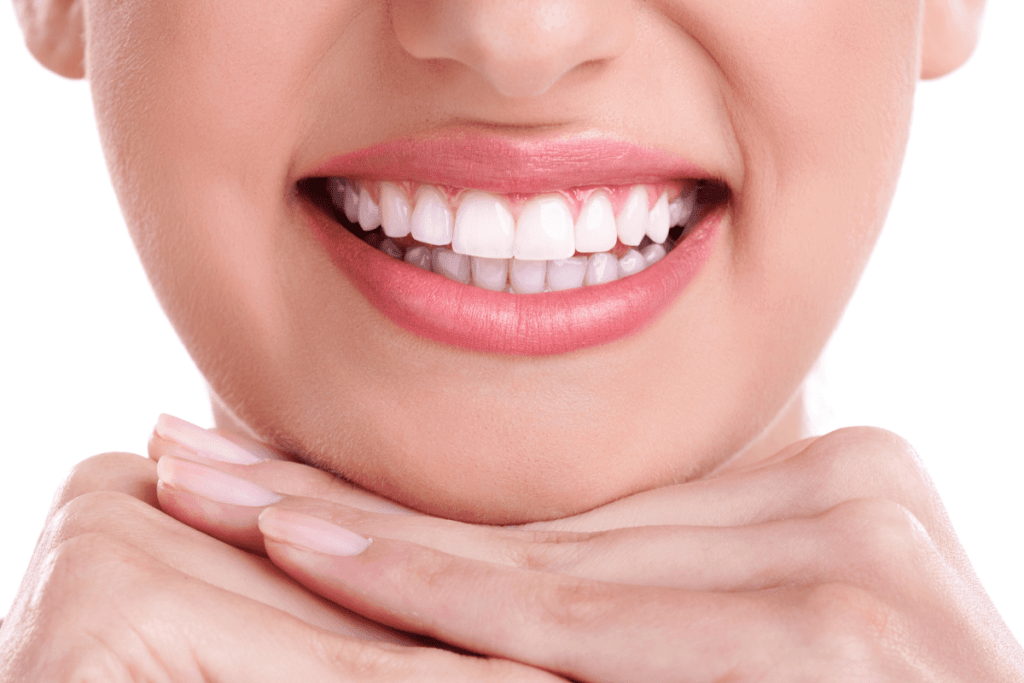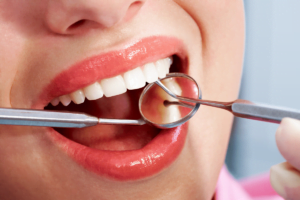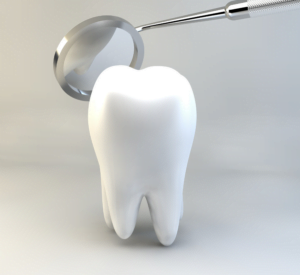Exploring the Intricate Link Between Oral Health and Mental Health
In the intricate tapestry of human health, the connection between oral health and mental well-being is a burgeoning field of study that demands attention. Recent research has illuminated the bidirectional relationship, unraveling the profound effects of oral health on mental health. This exploration goes beyond the surface-level understanding of oral hygiene, underscoring the intricate dance between the state of our minds and the health of our mouths. This blog post delves into the scientific evidence behind this connection, shedding light on the influence of oral health on mental health.
 The Bidirectional Relationship Unveiled
The Bidirectional Relationship Unveiled
Scientific inquiries into the connection between oral health and mental health have exposed a significant association between the two. A pivotal study published in 2016 in the Journal of Affective Disorders laid the foundation by revealing the bidirectional nature of this relationship. Poor oral health was linked to symptoms of depression, emphasizing that mental health challenges can manifest in oral conditions and vice versa. This realization challenges conventional health compartmentalization, urging us to view oral and mental health as intertwined aspects of our overall well-being.
Stress as a Catalyst for Oral Health Issues
The intricate dance between stress and oral health goes beyond mere coincidence, as established by a 2007 study from the Journal of Periodontology. Chronic stress was found to correlate with an increased risk of severe periodontal disease, shedding light on the physiological responses to stress that impact oral health. This section emphasizes the psychological toll of stress and its tangible effects on oral health, reinforcing the need for a comprehensive stress management approach for mental and oral well-being.
Oral Health’s Impact on Quality of Life
Moving beyond the physical aspects, our oral health significantly influences our overall quality of life and psychological well-being. The 2018 Journal of Behavioral Medicine study explores this facet, revealing that maintaining good oral health improves quality of life. Individuals actively addressing and maintaining their oral health reported higher life satisfaction and emotional well-being. This reinforces the idea that oral health is critical in fostering a positive and fulfilling life experience, impacting mental well-being.
Enhanced Well-being through Dental Aesthetics
The aesthetic aspect of oral health also plays a crucial role in shaping mental well-being. A 2019 Journal of Dentistry study showcased cosmetic dental procedures’ positive psychological impact. Individuals undergoing such treatments reported enhanced self-esteem and improved mental well-being, highlighting the potential ripple effect of enhancing dental aesthetics on overall mental health. This section emphasizes the profound connection between physical appearance, self-esteem, and mental well-being.
Oral Health as a Guardian Against Cognitive Decline
As we age, the significance of oral health becomes even more apparent. A 2020 study from The Journal of the American Geriatrics Society revealed a link between good oral health and a lower risk of cognitive decline in older adults. This adds another layer to our understanding, suggesting that prioritizing oral health can protect against age-related cognitive impairment. The findings highlight the potential impact of oral health on neurological health, challenging the traditional separation between dental care and broader health considerations.
 Conclusion
Conclusion
In conclusion, the scientific evidence supporting the link between oral health and mental health is robust and multifaceted. As we unravel the mind-mouth connection, maintaining good oral health becomes a holistic approach to nurturing mental health. This bidirectional relationship, the impact of stress, the influence on the quality of life, the role of dental aesthetics, and the connection to cognitive decline collectively paint a comprehensive picture of how oral health is inseparably intertwined with mental well-being. By recognizing this connection, individuals can embark on a journey to improved overall health and happiness, understanding that the health of the mind and the mouth go hand in hand.
FAQs Section
1. Can bad oral hygiene cause depression?
The evidence suggests a potential link between bad oral hygiene and depression. Studies, such as the one published in the Journal of Affective Disorders in 2016, have indicated a significant association between poor oral health and symptoms of depression. While it’s essential to consider multiple factors contributing to mental health, maintaining good oral hygiene appears to play a role in mitigating the risk of depression.
2. Can a bad tooth cause anxiety?
The connection between a bad tooth and anxiety can be inferred from the impact of oral health on overall mental well-being. Chronic stress and anxiety are associated with oral health issues, as demonstrated by research in the Journal of Periodontology in 2007. The discomfort and potential complications arising from a bad tooth can contribute to heightened stress levels, emphasizing the importance of addressing oral health concerns to prevent the onset or exacerbation of anxiety.
3. Does brushing your teeth help mental health?
Good oral hygiene practices, including regular teeth brushing, can positively influence mental health. Studies, such as the one in the Journal of Behavioral Medicine in 2018, have highlighted the connection between good oral health and an improved quality of life and emotional well-being. Engaging in consistent oral health habits, like brushing your teeth, promotes physical well-being and contributes to a positive overall mental state.
4. How does depression affect teeth?
Depression can indirectly affect oral health and, consequently, the condition of the teeth. Individuals experiencing depression may struggle with self-care routines, including oral hygiene practices. Poor motivation to maintain good oral health can lead to neglect of dental care, potentially resulting in issues like cavities, gum disease, and other dental problems. Additionally, the physiological changes associated with depression, such as increased inflammation and stress, may contribute to oral health issues, further impacting the condition of the teeth. Therefore, depression can indirectly affect teeth by influencing oral hygiene habits and contributing to potential complications.
 Elevate Your Oral Health and Mental Health with Sacramento River Dental Group
Elevate Your Oral Health and Mental Health with Sacramento River Dental Group
Embark on a journey to prioritize your oral health and mental well-being by seeking professional oral care services from the seasoned dental experts at Sacramento River Dental Group in Sacramento, CA. Our commitment to comprehensive care aligns seamlessly with the insights shared in this exploration of the intricate link between oral health and mental health.
Don’t let the subtle signs of poor oral health or the potential impact on your mental wellness go unnoticed. Please schedule an appointment with our experienced dental professionals, who understand the holistic connection between your mouth and mind. Benefit from personalized care beyond routine check-ups, addressing your oral health’s physical and psychological aspects.
By choosing Sacramento River Dental Group, you’re not just selecting a dental practice – you’re making a conscious decision to invest in your overall health and happiness. Contact us today to experience the transformative power of expert dental care tailored to enhance your radiant smile and mental well-being. Your journey to optimal health begins here.


 The Bidirectional Relationship Unveiled
The Bidirectional Relationship Unveiled Conclusion
Conclusion Elevate Your Oral Health and Mental Health with Sacramento River Dental Group
Elevate Your Oral Health and Mental Health with Sacramento River Dental Group